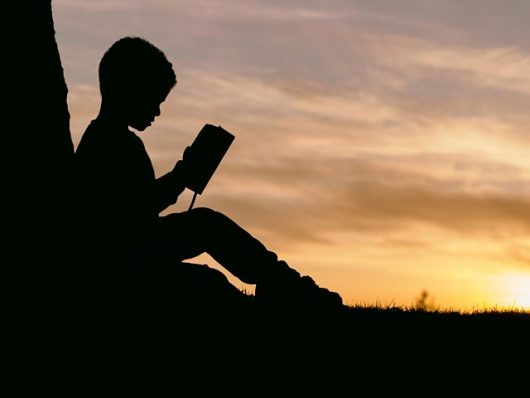Free Education in Kuwait Benefits Many

Kuwait has an extensive public and private education system. The state provides free education through the secondary level. Almost 500,000 students are enrolled in Kuwait schools, which is equivalent to 30 percent of the population. Both public and private schools are regulated by the Ministry of Education.
Education in Kuwait has been provided to all Kuwaiti citizens, children of Ministry of Education employees and residents of Kuwait since before 1960. The Bidoon, a stateless group which lives within Kuwait, also has access to Kuwait’s free education.
Kuwait has compulsory enrollment for children aged six to 14. There are many free public and private preschools for children aged four to six. Following preschool, students enter elementary school and then intermediate school. These follow set curriculums with little variation. Students learn English starting in second grade.
If students wish to continue their education they can go to secondary school for four years. These programs are free but not compulsory. After four years, students take a national exam.
Kuwait has one state university and several vocational schools. These universities were mainly created for Kuwait citizens, but a few spots are reserved for non-Kuwait citizens. The Ministry of Higher Education is in the process of allowing some private universities to open within the country.
Approximately 40 percent of students are enrolled in private schools. Many of these are international schools and are sponsored by foreign donors. The state funds many subsidies for students to attend private schools. Many families seek a private education because they question the adequacy of state schools, they feel the English language is a useful skill or they desire a more advanced curriculum.
The Private Education Department accredits all private schools in the country. It regulates various elements of the facilities and controls the fees for the schools. International schools have a great deal of leeway to design their curriculums, and they often mimic their international counterparts. However, all private schools must incorporate elements of the local culture and language into the curriculum.
The Ministry of Education also ensures free education for students with special needs. Students with slight learning disabilities are often incorporated into the classroom and given Individualized Education Plans. There are three schools for students with more severe special needs.
The World Bank has partnered with the Kuwait Ministry of Education and National Center for Education Development to make reforms to the state education system. The five-year program, which began in 2015, hopes to improve the quality of the teachers and the learning experience. They are seeking to improve the curriculum, school leadership and develop national education standards for education in Kuwait.
– Sarah Denning
Photo: Unsplash
